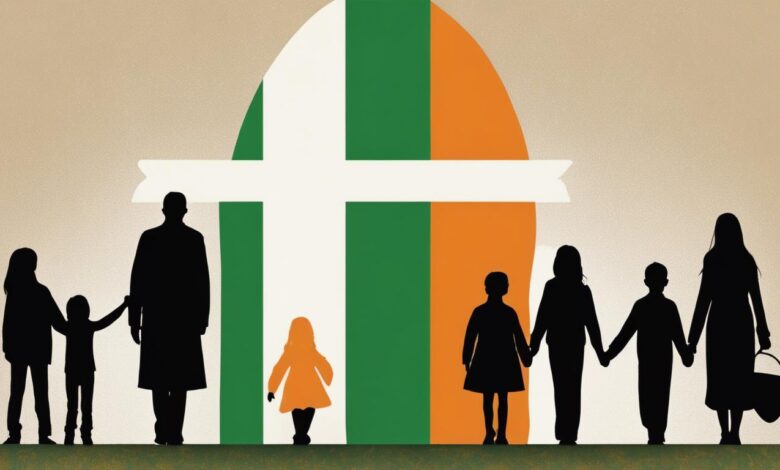Irish voters reject constitutional changes on family diversity and women’s role

Irish voters have turned down proposed changes to the constitution that aimed to modernize the recognition of diverse family structures and the role of women, despite government efforts to reflect contemporary societal values.
Irish voters have recently turned down proposed constitutional changes relating to the recognition of diverse family structures and the role of women. The referendums, aimed at updating the language around women’s roles and acknowledging families beyond traditional marriages, were held amid discussions on modernizing Ireland’s constitution to reflect contemporary societal values. The defeat was acknowledged by Taoiseach Leo Varadkar, who expressed respect for the democratic outcome, despite his disappointment over the inability to persuade the electorate.
The proposed amendments sought to broaden the definitions of family and care within the constitution, efforts that were met with criticism over concerns that they did not fully encapsulate the complexities of caregiving roles and family dynamics outside of marriage. Critics also lamented the government’s approach to the campaign, suggesting a lack of engaging and responsive proposals to the alternative wordings presented.
These referendums took place against a backdrop of low voter engagement, with turnout reported to be under 30% in some areas, indicating a possible detachment or contentment with the current constitutional language among the Irish public. Notable figures, including Irish President Michael D Higgins, Transport Minister Eamon Ryan, and Sinn Fein leader Mary Lou McDonald, participated in the voting process, highlighting the national significance of the amendments.
Despite the rejection, the outcome underlines the ongoing debate within Ireland on evolving social and family structures, illustrating the challenges of aligning constitutional language with the nuanced views and values of its populace. This event marks a crucial point in Ireland’s efforts to navigate and address societal changes through its legal and constitutional frameworks.








